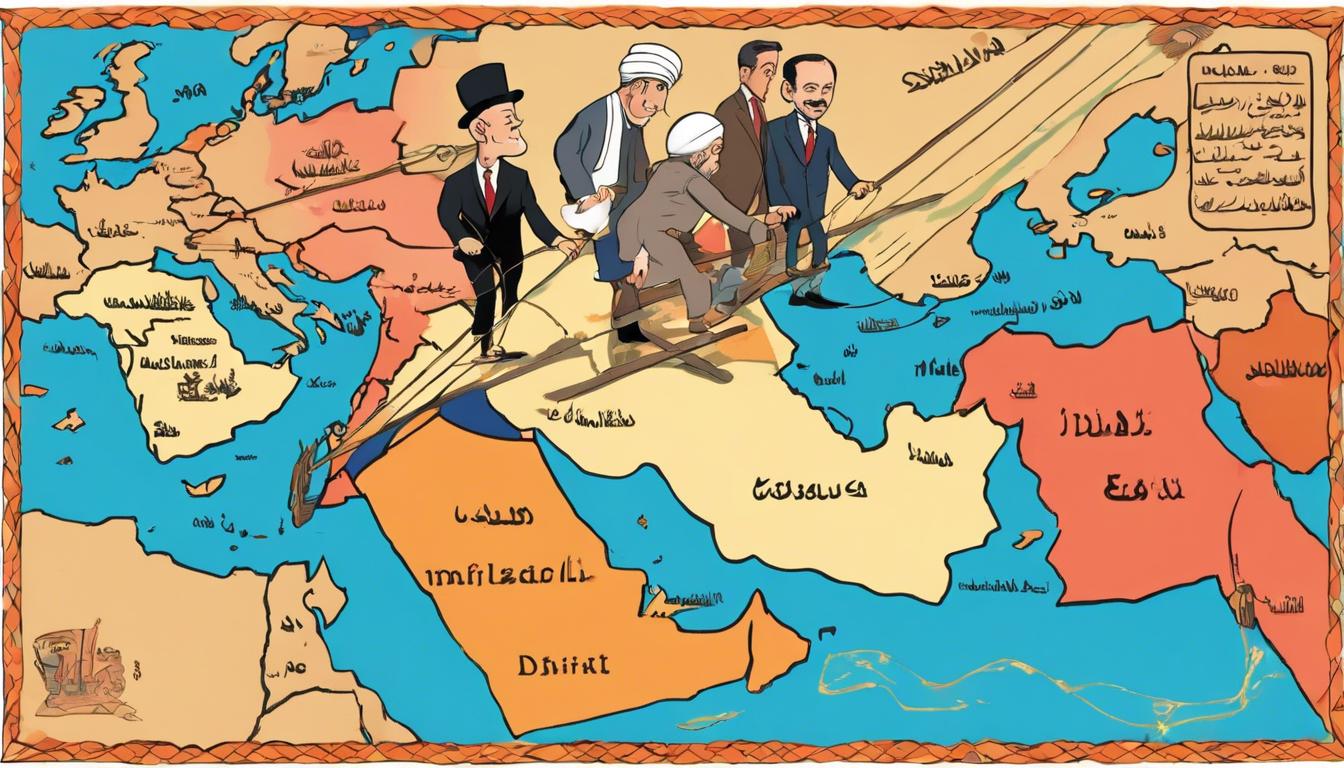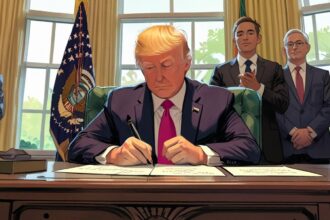Lebanon faces escalating political and sectarian tensions, fueled by violent incidents and differing on Syrian refugee restrictions, amid a complex backdrop of regional conflicts and international disputes.
Lebanon is currently grappling with heightened political and sectarian tension following a series of violent incidents involving Syrian nationals and political figures. In a recent development, Lebanon’s caretaker interior minister Bassam Mawlawi has suggested tightening restrictions on Syrian refugees. This follows the murder of a Lebanese politician by Syrian nationals, an incident Mawlawi described as gang-related. This event has fueled violence against Syrians and exacerbated political tensions considerably in the nation. Lebanon hosts over 785,000 registered Syrian refugees, and recent statistics reveal that 35% of detainees in Lebanese prisons are Syrian.
Further exacerbating Lebanon’s political landscape are the suspicions by the Lebanese Forces party, an opponent of Hezbollah, which alleges a political motive in the politician’s murder, contrary to the Lebanese military’s claim of a robbery. These incidents occur amidst an already fragile environment marred recently by the death of Mohammad Surur, a man under U.S. sanctions for allegedly funding Hamas, whose body was discovered with gunshot wounds in Beit Mery. Surur was tied to the Iran-backed Hezbollah, intensifying concerns over Lebanon’s stability as it struggles with a financial crisis and political tensions.
In connection with Middle Eastern conflicts, the Israeli Defense Forces (IDF) recently faced criticism for an airstrike in Gaza, which resulted in the deaths of seven aid workers, including British nationals. This event attracted international attention when José Andrés, founder of World Central Kitchen, labeled it as an act of “war against humanity.” The IDF has apologized, stating the strike was a misidentification.
Tensions are also rising between Ukraine and Russia, with recent Russian airstrikes leading to casualties in the Kharkiv and Odesa regions of Ukraine. The ongoing conflict has prompted international responses, including a statement from President Joe Biden urging bipartisan support for a substantial Ukraine aid bill aimed at equipping Ukraine against Russian advances. The situation is further complicated by a Russian critique regarding a forthcoming peace conference on Ukraine, perceived by Russia as politically motivated.
Lastly, tensions in the U.S.-Israel relationship have surfaced following an attack that killed senior Iranians, with President Biden reaffirming America’s support for Israel’s security against potential Iranian retributions. Despite strained relations between President Biden and Israeli Prime Minister Benjamin Netanyahu, particularly over Israeli actions in Gaza, U.S. policy remains in strong defense of its ally, setting the stage for ongoing geopolitical complexities in the region.













